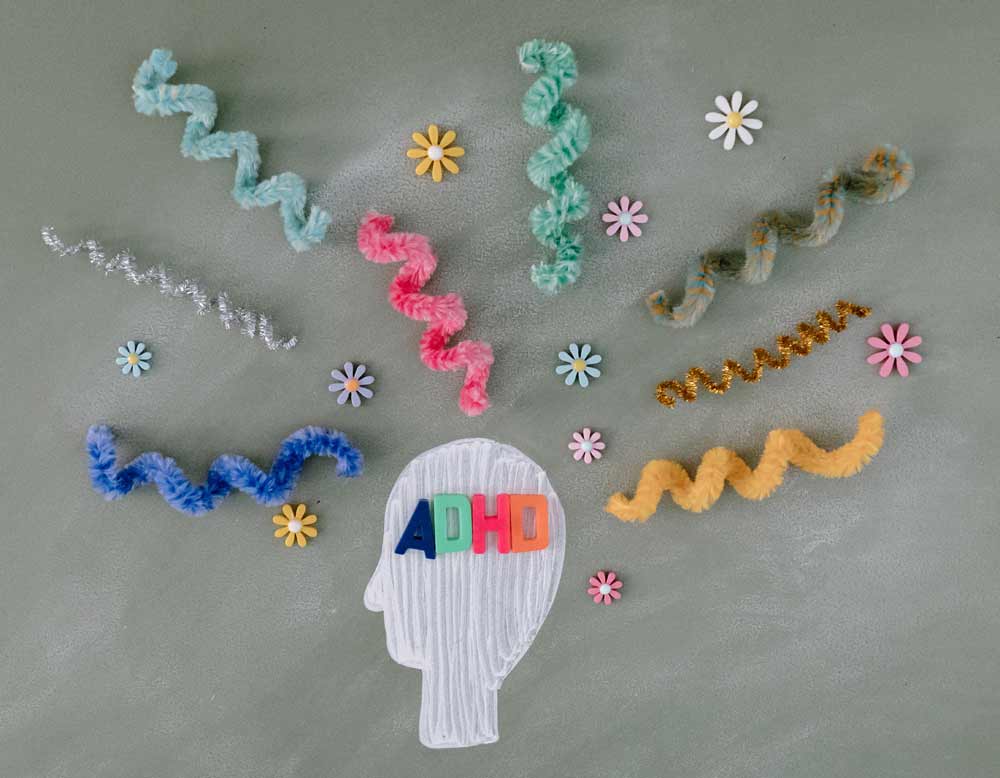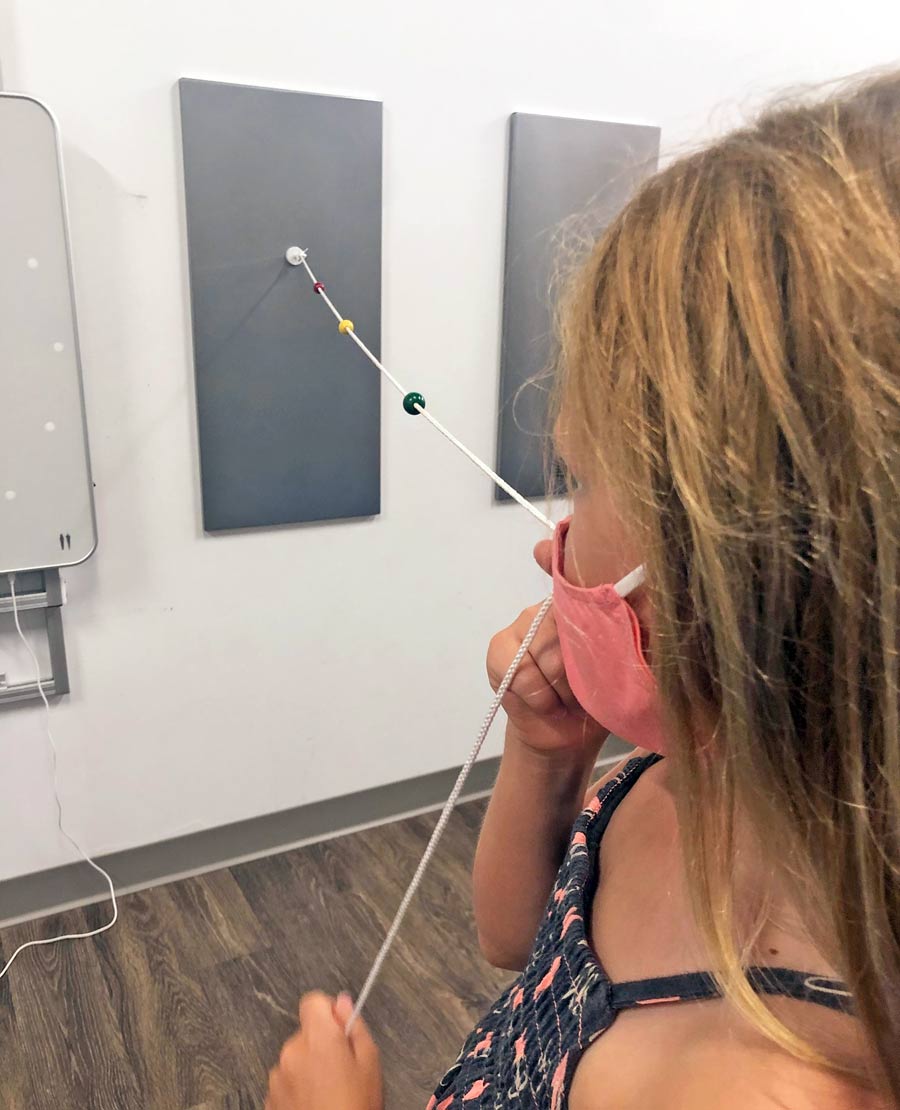Farmington, CT
Vision Therapy for ADHD/ADD

Farmington, CT
Vision Therapy for ADHD/ADD
Living with ADHD/ADD can affect more than just your ability to focus and pay attention. Many people with ADHD/ADD also experience visual symptoms that can make daily activities difficult.
Vision therapy is a non-invasive and personalized treatment approach that has been shown to improve visual performance and reduce the symptoms associated with ADHD/ADD. At SIGHT Multispecialty Center in Farmington, we offer specialized vision therapy programs to help individuals with ADHD/ADD who are experiencing visual symptoms.
What is ADHD/ADD?
ADHD (attention deficit hyperactivity disorder) and ADD (attention deficit disorder) are neurodevelopmental disorders that affect both children and adults. They cause a range of symptoms such as difficulty focusing, impulsivity, and hyperactivity. These symptoms can affect a person’s daily life, including their ability to learn, work, and interact with others.
In addition to the well-known symptoms of ADHD and ADD, these conditions can also affect a person’s vision. Studies have shown that people with ADHD and ADD may have vision problems that contribute to their symptoms. Some of these vision problems include:
Convergence insufficiency
This is a condition where the eyes have difficulty working together to focus on nearby objects, which can make reading and other close-up work difficult.
Accommodative dysfunction
This condition makes it difficult to adjust focus between near and far distances, which also affects reading and close-up work.
Visual processing difficulties
This is a condition where the brain has trouble processing visual information, which can make it challenging to understand what you’re seeing and make it harder to stay focused.
Eye tracking problems
Eye tracking issues refer to a condition where the eyes find it difficult to follow moving objects. This can cause difficulties in sports performance or keeping up with fast-moving scenes in movies or video games.

How are visual problems related to ADHD/ADD diagnosed?
Our eye doctors can diagnose visual problems related to ADHD/ADD during a comprehensive eye exam. During this exam, we will assess visual acuity, eye movement, focusing ability, and other visual skills. Additionally, a functional eye exam can evaluate visual processing and cognitive skills related to vision. In some cases, our vision therapist may perform further testing to identify specific visual issues and develop an appropriate treatment plan.
How does vision therapy help?
Vision therapy helps individuals with ADHD/ADD by addressing visual processing difficulties, such as poor eye tracking, focusing, and teaming skills. By improving these visual skills, people with ADHD/ADD can process visual information more effectively and maintain focus for longer periods. Vision therapy can also improve reading and academic performance, enhance sports performance, and boost self-confidence.
Our vision therapy program includes a range of eye exercises and activities that are designed to be engaging, fun, and effective. We use state-of-the-art technology to evaluate and monitor your progress to make sure you’re getting the most out of your therapy sessions.
Exercises may include activities like focusing on a moving target, tracking a ball, or solving visual puzzles. Our therapist may also use specialized equipment like prisms, lenses, or computer programs to help the individual improve their visual skills.
Over time, with consistent practice, vision therapy can enhance visual processing and cognitive skills, leading to improved performance and reduced symptoms associated with ADHD/ADD.
At SIGHT Multispecialty Center in Farmington, our team of optometrists and vision therapists will work with you to create a customized vision therapy program that addresses your specific needs. Contact us today to schedule an appointment to learn how vision therapy can help improve your quality of life.
